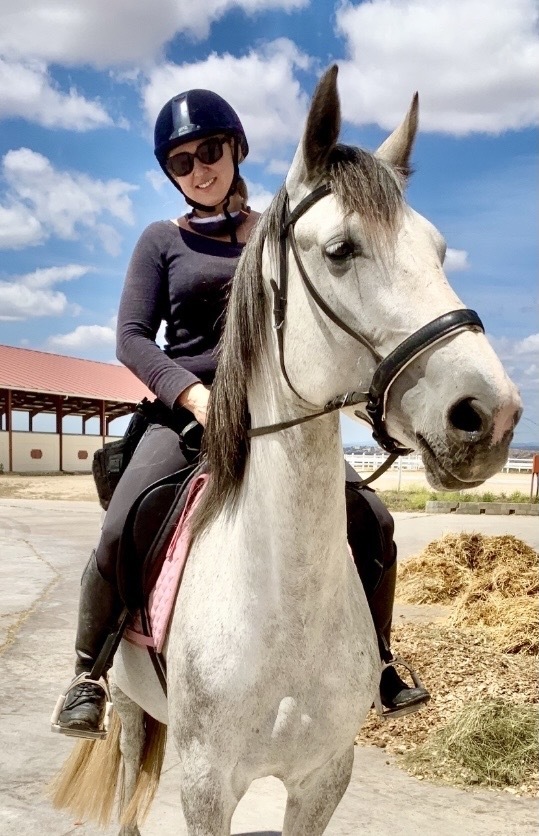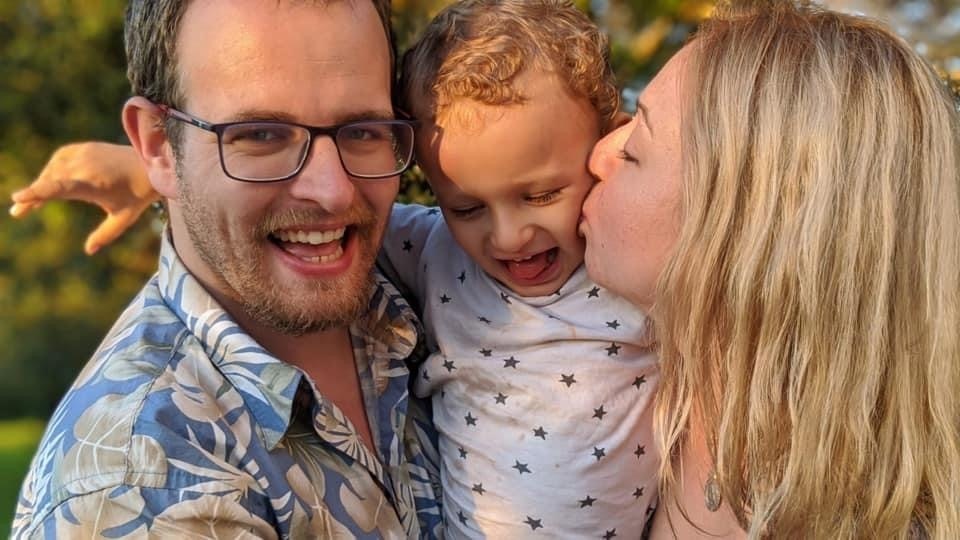Neurodiversity @ IBM
Aline-Bravo: Inclusion Unlocks the Potential for Innovation and Helps Everyone
"We don’t really need accommodations that have any significant financial value, we just need an opportunity.
Things like clear and concise communication have a positive impact for the whole team and can help us all become more productive." - Aline Bravo, Visual Designer

Tell me a little about yourself.
I’m Aline Bravo, I was born in Brazil but I grew up in the USA (from age 6 to 17), I moved to Spain at 19 and have been living here ever since. I never made it to college because of all the moving and having to adapt to different countries and cultures and working on top of it all, so it was pretty hard to find time to get a degree. I did manage to get what is the equivalent of an “Audiovisual” associate’s degree here in Spain.
As a child I was very hyper, first diagnosed with ADHD when I was around five. My late grandma who raised me was a force of nature and always tried everything to help me adapt without really knowing what she was truly facing. She always told me that when I was four, they had to teach me to read with a hand on top of my head because I wouldn’t stop bouncing up and down on the chair otherwise. When I was in high-school in Florida, a school councillor suggested I might be autistic, though at that point we never pursued a diagnosis. I was a bit odd as a teenager, but masked enough to appear normal and feltthere was always something off about me. Knowing it could be autism came in handy as it helped me understand things about myself and find work-arounds to my “shortcomings.” I Googled a lot about how to “have charisma” and how to behave properly. I read books about etiquette and social behaviour and that truly helped me a lot.
Now, I’m married. I have a three-year-old boy, who was diagnosed as autistic last year. During his diagnosis, the specialist who saw us also suggested that I too was autistic. In the end I decided to follow through and get an official evaluation, and I was given my diagnosis shortly after my son. However, he is my main reason to have this piece of paper. I truly believe in "Nothing About Us Without Us," and I want to advocate for him as best as I can and help autistics find support. I live in a country where autism is still a bit of a taboo and definitely not talked about. Some people still believe women can’t be autistic, and I think having my diagnosis is going to help me bring awareness and acceptance. I’m still always having to justify myself to the outside world, but I found a nice and cosy place here within IBM in the Neurodiversity BRG along with so much support.
What is your role at IBM?
I am a “visual designer” (basically a weird title for a graphic designer). I work in the CED team within Q2C, and we mainly work on value driven proposals. We do everything from print to video and animations.
How long have you been at IBM?
I’ve been at IBM for six years. I started as a contractor in an accounts receivable team and was given the opportunity to join a design team within just four months, and within the year I became an IBMer. I’ve only recently come out as autistic. I came in the regular route. I'd also love to highlight here that the person who interviewed me gave me the best, clearest and most direct interview and really made me feel comfortable. John Shephard is his name, though he doesn't work for IBM anymore.
What are some interesting projects you’ve worked on during your time at IBM?
I had the opportunity to participate as the designer in the proposal for a 400M dollar deal here in Spain. We created the whole proposal into a magazine and that was really appreciated by the client. However, what I truly find interesting and am proud of is about collaborating with our Neurodiversity@IBM Business Resource Group. It’s truly a blessing to have IBM support our cause and give us a voice. This really gives me hope that IBM giving this support and being a conversation starter here in Spain will lead the way for other companies to at least think about it. Not all countries are at the same level when it comes to autism acceptance and awareness and it’s still very much a “bad thing” here in Spain.
What does Neurodiversity Acceptance Month mean to you?
Neurodiversity acceptance month to me is a reminder that we’re here and there’s a lot of us. I’m grateful that this gives us an opportunity to bring awareness and maybe a little acceptance towards us.

What is an interesting fact about you that not many people know?
Little known fact about me (well, it’s well known if you even mention the word horse within a 10m radius of me) is that I have been obsessed with horses ever since I was a little girl. Even though I’m allergic, I own a horse and that’s pretty much a dream come true. Horses are “better” than people because I can actually read their expressions a lot better, I always know what to expect. People really have too many expressions and nuances and it can get very complicated for me trying to decipher their true meaning. Horses (and other animals) can’t pretend to like you.
If you could give business leaders one piece of advice to better accommodate neurodivergent professionals and create more inclusive workplaces, what would it be?
We don’t really need accommodations that have any significant financial value, we just need an opportunity. Someone to give us a shot, understand a little better what our deficits/hardships are and give us some time to work around it. Maybe you’ll find out that while trying to accommodate me by having clear and concise communication, the rest of your team will benefit and become more productive too! That and a bit of patience because we don’t always react how you’d expect someone to react. It might be a little different, but if you’re just patient enough to give us that opportunity, you’ll find that we’re extremely resourceful and willing to work.
